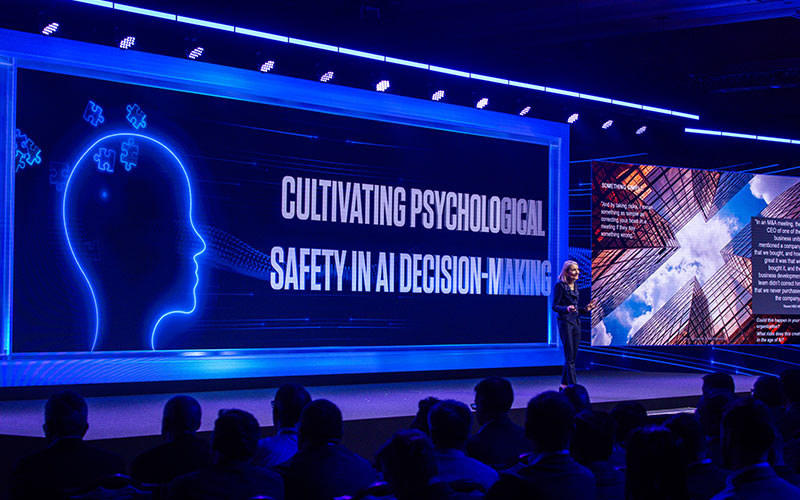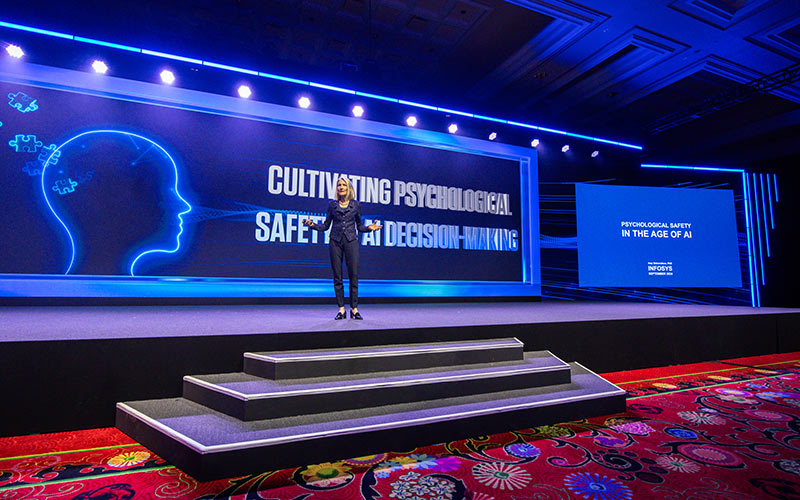
We live in an increasingly complex and uncertain world, one that can be defined by the acronym VUCA: Volatile, Uncertain, Complex, and Ambiguous. But what does it mean in the age of AI? Professor Amy C. Edmondson, Novartis Professor of Leadership & Management, Harvard Business School, highlights how psychological safety, collaboration, and smart risk-taking are the true keys to success in navigating AI-driven disruptions.

Key Takeaways
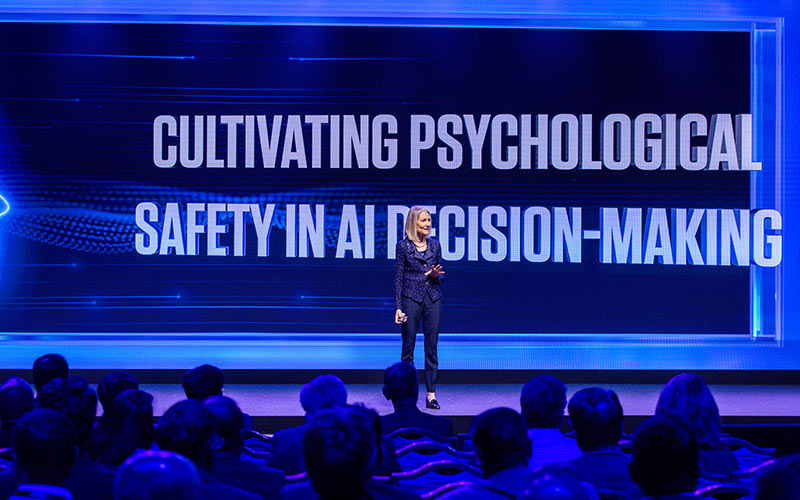
Psychological Safety Fuels Performance
Teams must feel safe to express concerns, experiment and challenge the status quo. A culture of openness enables them to address small issues before they escalate, paving the way for innovation.
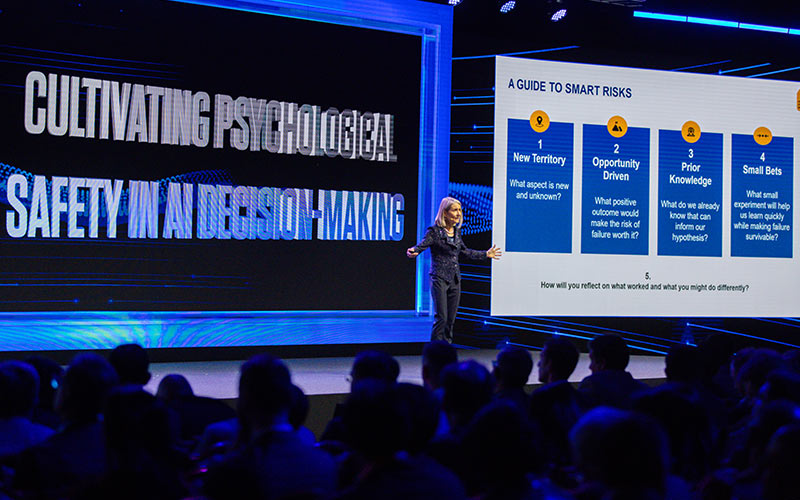
Hierarchies Can Hinder AI Growth
Rigid organizational structures often stifle the open communication necessary for AI to flourish. Inclusive leadership helps break down these barriers, fostering a culture where the best ideas rise to the top.
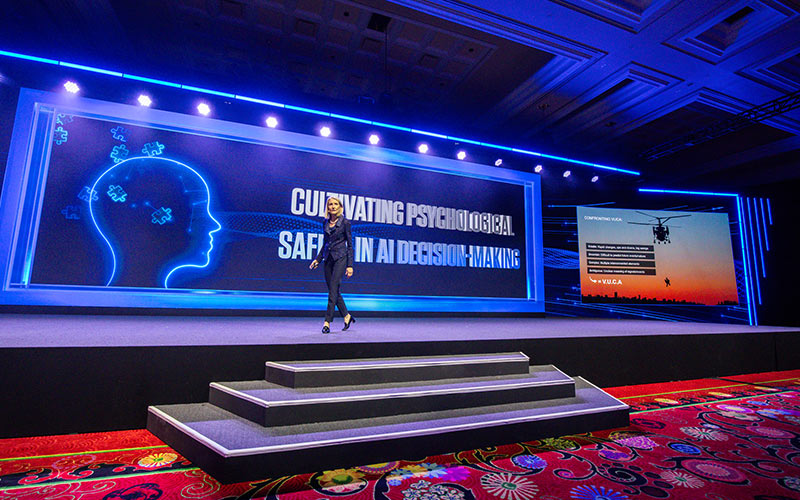
Failures Will Happen, Embrace Them
In a rapidly evolving AI landscape, failure is part of the process. But teams that feel empowered can turn these setbacks into valuable lessons, fostering growth and resilience rather than being hindered by them.
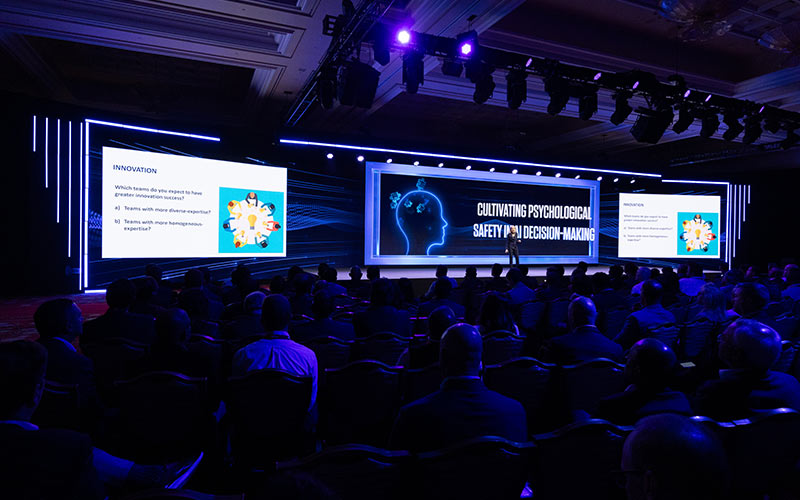
Diversity Needs a Safe Space to Thrive
Diverse teams have an unmatched capacity for innovation, but without a foundation of trust, they may struggle to reach their full potential. A culture of trust enables diverse perspectives to translate into powerful breakthroughs.
Psychological safety is a belief that my context is safe for interpersonal risks. Like speaking up with an idea, a question, a concern, even a mistake, yours or mine.


